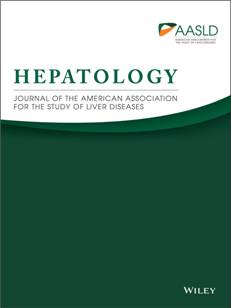Quick Links
Asian Society of Continuing Medical Education (ASCME):
India has the largest pool of doctors for any country, but in spite of this it has one of the poorest doctor patient ratio. Most doctors are in private practice and are dispersed geographically across the country; they have very limited opportunity to update their skills and knowledge through quality continuing medical education (CME) programs, as there is no institutionalised delivery of CME in this country. For most of these doctors what they learnt while they were in college forms the basis for their current prescriptions. Medical science advances daily and the lack of updation of the doctor results in inadequate service being provided to the patient. The quality of health of a nation has a direct impact on the economy of the country, valuable man hours are lost due to inadequate healthcare service. Asian Society of Continuing Medical Education (ASCME), a not for profit body registered under the Societies Act of the State of Tamil Nadu in India, was formed in 2010 to address this lacunae.
In the last seven years of its existence ASCME has conducted over 650 CME programs across the country and also across almost all specialties. As of March 2017 it has 36000+ associate members. It has also built up a faculty pool of over 500 doctors who conduct the CME programs for ASCME.
16 State Medical Councils in India have accredited ASCME to issue CME credits, in addition, Maharashtra Nursing Council has also accredited ASCME to issue CNE credits.
ASCME publishes a fortnightly journal CME DIGEST, India's only journal dedicated to CME. This is published primarily for physicians located in far flung areas of the country.
Asian Society conducts Continuing Medical Education in various formats, i.e. Live CME, Collaborative/ Institutional CME, Webinar etc., for its member doctors free of cost and funds these activities through Grants it receives from Corporates, Institutions and NGOs.
India has the largest pool of doctors for any country, but in spite of this it has one of the poorest doctor patient ratio. Most doctors are in private practice and are dispersed geographically across the country; they have very limited opportunity to update their skills and knowledge through quality continuing medical education (CME) programs, as there is no institutionalised delivery of CME in this country. For most of these doctors what they learnt while they were in college forms the basis for their current prescriptions. Medical science advances daily and the lack of updation of the doctor results in inadequate service being provided to the patient. The quality of health of a nation has a direct impact on the economy of the country, valuable man hours are lost due to inadequate healthcare service. Asian Society of Continuing Medical Education (ASCME), a not for profit body registered under the Societies Act of the State of Tamil Nadu in India, was formed in 2010 to address this lacunae.
In the last seven years of its existence ASCME has conducted over 650 CME programs across the country and also across almost all specialties. As of March 2017 it has 36000+ associate members. It has also built up a faculty pool of over 500 doctors who conduct the CME programs for ASCME.
16 State Medical Councils in India have accredited ASCME to issue CME credits, in addition, Maharashtra Nursing Council has also accredited ASCME to issue CNE credits.
ASCME publishes a fortnightly journal CME DIGEST, India's only journal dedicated to CME. This is published primarily for physicians located in far flung areas of the country.
Asian Society conducts Continuing Medical Education in various formats, i.e. Live CME, Collaborative/ Institutional CME, Webinar etc., for its member doctors free of cost and funds these activities through Grants it receives from Corporates, Institutions and NGOs.




